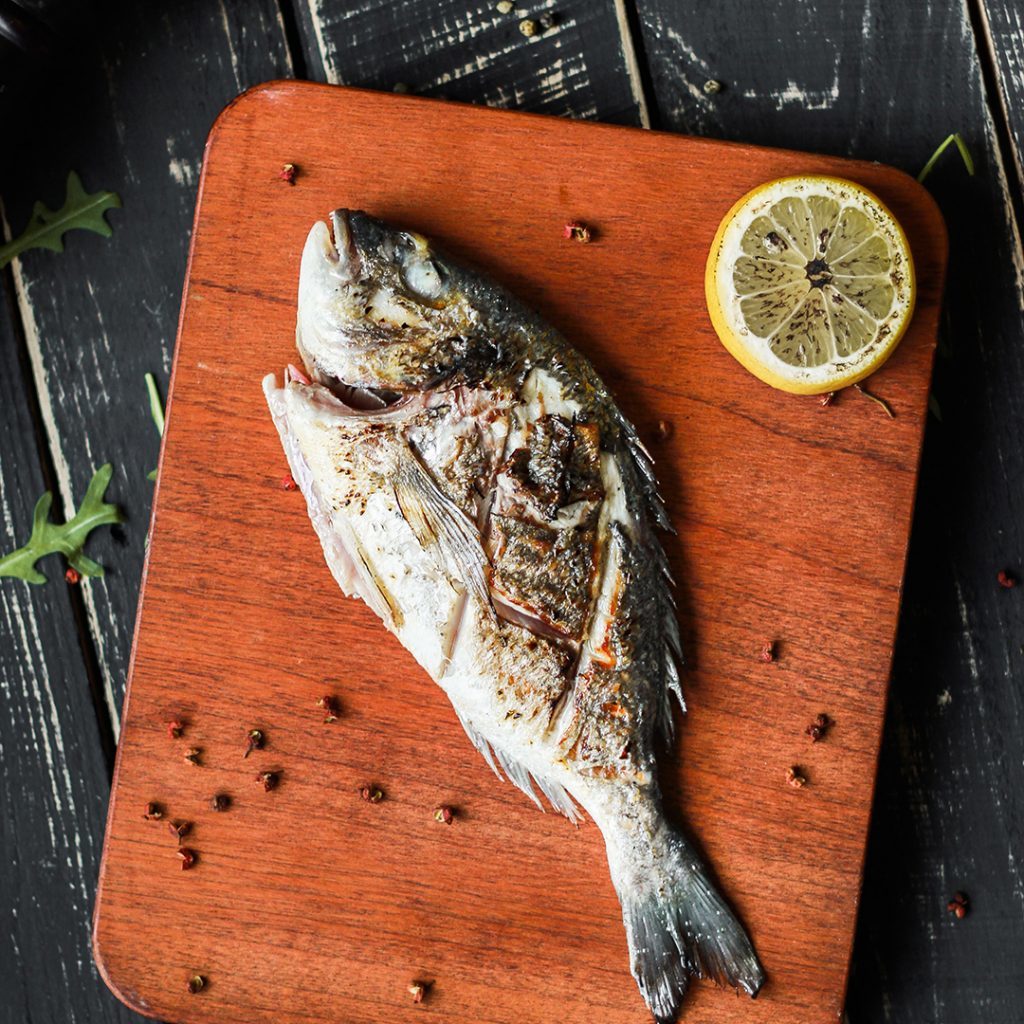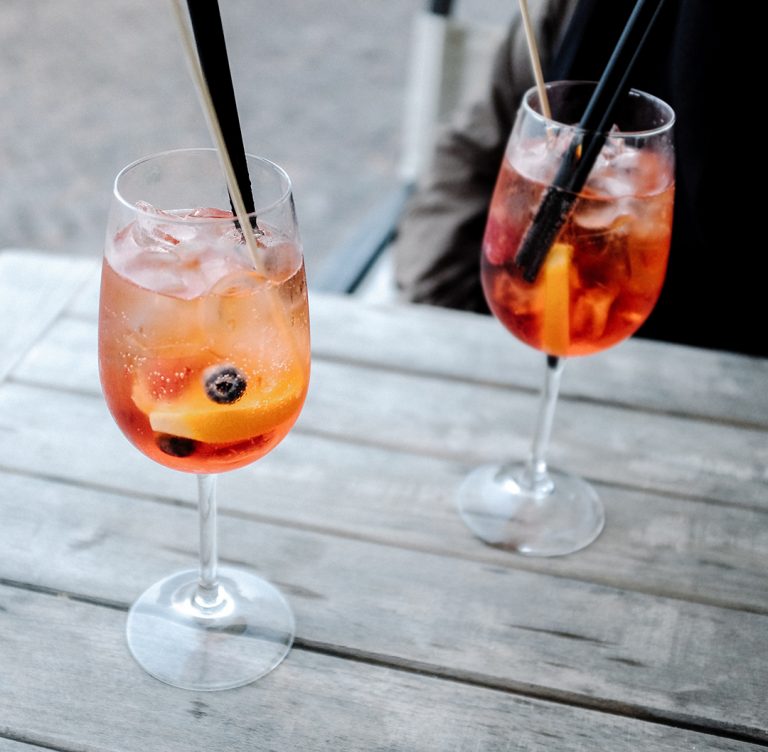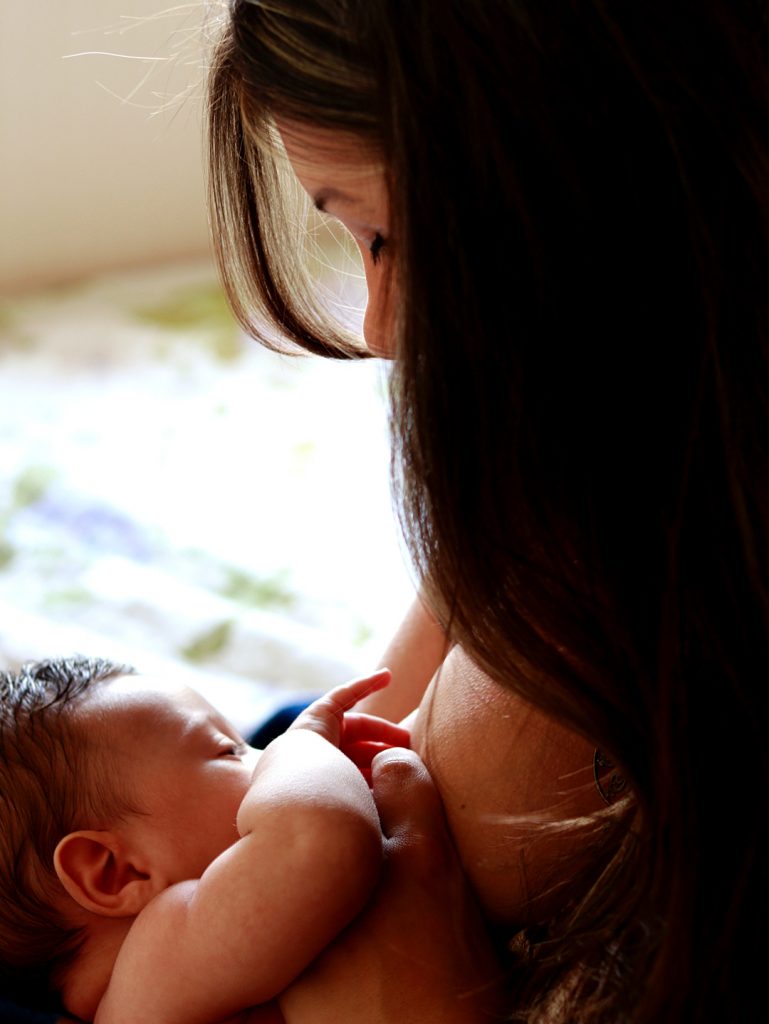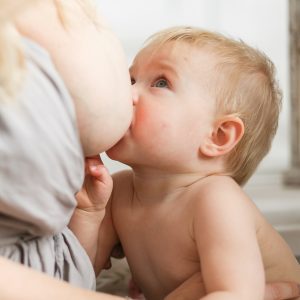After nine months of not having half-boiled eggs, limited coffee, raw food and now you’re asking me to avoid more food? Are you serious?
Well, the answer is NOT REALLY. While there are certain foods, you should avoid while pregnant because of the risk of bacterial, or parasitic infections, such as norovirus, Vibrio, Salmonella, and Listeria, breastfeeding experts say there isn’t any food you should avoid completely.
Of course, it is only natural for a mum to worry about molecules from the food, that would make their way through her breast milk and into her baby’s system. Perhaps you heard another mum sharing her experiences with a particular food, or maybe you read it somewhere. Still, the good news is that there isn’t really a strict food list that applies to every mum.
The key here is to practise moderation on your part, along with trial and error instead of just blindly following a list of don’ts. Why? Simply because every baby is different so every baby will have different sensitivities. Plus both you and your baby will benefit more from a well-balanced diet.
Having said that, if you do notice a change in milk production or that your baby is fussy after a feed, then perhaps it could be something you ate. Here are some of the common foods to limit and watch out for when breastfeeding:
Caffeine

If you are super worried about being sleep deprived(link to sleep-deprived parents article), worry no more because caffeine should not affect breastfeeding when consumed in (again!) moderate doses. Go ahead and enjoy your morning coffee or tea. You can even have the occasional caffeinated soft drink when the weather is hot.
Just limit yourself to three cups of caffeinated beverages a day after your nursing session because caffeine can pass into your bloodstream and to your breast milk. While you might welcome the caffeine kick, it might cause newborns to be jittery. There’s no need to worry too much about chocolate products such as Milo or even the chocolate bar itself since chocolate only has trace amounts of caffeine.
Fish

While having lean protein is important for pregnant and breastfeeding mums, they need to be mindful about chemical and mercury content in fish. Unfortunately, the ugly truth is that almost all kinds of chemicals and pollutants end up in our rivers and ocean where it is later accumulated by fish and other seafood. Fish with high levels of mercury contains a neurotoxin which is highly toxic and can damage the central nervous system.
It starts with tiny animals and plants containing mercury that gets eaten by smaller fish. Then the smaller fish gets gobbled up by larger fish in huge quantities which results in mercury build-up in their tissues. Therefore, larger fish predators such as sharks and swordfish tend to contain more toxin compared to smaller fish such as striped bass, catfish and tilapia. So there’s no need to scrap fish entirely out of your diet. Just limit your seafood intake to two times a week and choose smaller fish that contain lower mercury levels.
Alchohol

It is good to keep in mind that alcohol can pass through breast milk and into your baby’s system. Breastfeeding experts say that one way to have a drink safely is to have a moderate amount and assess yourself afterwards. If you are to the point that you are too drunk to walk around or act normally, you shouldn’t breastfeed. Also, pumping and dumping will do nothing. Although it might remove the alcohol from your current feed, it doesn’t remove the alcohol levels that are still high in your bloodstream. Hence, it is safer to wait until the alcohol has cleared your body before you breastfeed because by then, your milk should be cleared of it too.
Another thing to note is that everybody’s tolerance for alcohol and how fast they sober up varies from person to person. With reference to American Academy of Pediatrics’ guidelines on alcohol limits, a breastfeeding mum can have one alcoholic drink which amounts to wine that is just shy of two-thirds of a wine cup, one shot of alcohol or a can of beer.
If you must drink, it is advisable to drink after you’ve breastfed your baby. Then wait two to three hours before your next nursing session, so your body has time to clear
What about avoiding strong flavours?
What about food that contains loads of garlic or spicy dishes like sambal belacan for example? Will it affect my milk? Again, there are no strict rules about intense flavours because if you think about it logically, the world of cuisines is vast. The flavours used in your cooking is dependent on your culture and where you come from. For all you know, halfway across the world, a breastfeeding mum could be eating as much garlic or chilli as she wants and her baby is just fine.
On the contrary, breastfeeding experts say it is better to expose your baby to different tastes – consider it a preview for later when they begin to take solids. Of course, introducing babies to a wide variety of flavours through breast milk doesn’t guarantee that your baby will grow up a foodie. It will, however, up the chances that they would be more accepting of new food and new flavours when weaning.
What about foods that could affect your supply?
Some say oranges; some say cabbage, dong guai mei/dong guai tail and guava. Herbs like sage, coriander and peppermint supposedly could affect your supply as well. Honestly, this doesn’t apply to every breastfeeding mum, so there is no reason to deprive yourself of certain food unless it is causing you problems.
But we understand the pressure and fear of not being able to produce adequate milk, and sometimes for some mums, that is the ACTUAL reason for the drop in their supply. Mums need to remember that breastmilk supply is not only dependent on a healthy diet but also your mental well being. So, as long as you are well rested and healthy it shouldn’t matter too much what you eat. However, if you DO notice a sudden change in your supply, perhaps it is best to avoid that particular food for a while until you are certain.
What about Food Allergens?

There are well known foods that can cause gas such as:
- beans, cauliflower and cabbage.
Or allergies like:
- Dairy
- Soy
- Gluten
- Eggs
- Nuts
- Citrus
- Seafood
But the only way a particular food could affect your baby is if he or she has specific sensitive reactions towards them. Also even though these food make the list, it doesn’t mean you should omit them out of your diet right away. The best way to find out if your baby has a sensitivity or allergy is to test it out. Experts say, reactions should occur within 12 to 24 hours after eating and these include:
- Gassiness
- Crying and colic
- Diarrhoea
- Blood or mucous in the stool
- Rash
- Eczema
- Excessive spit up or vomiting
- Congestion, runny nose, wheezing or coughing
- Trouble sleeping
If your baby shows any of the above symptoms, then there’s a high chance that there’s a family history of allergies. To determine if this is the case, you can eliminate the food you suspect is causing your baby discomfort. Do this for two to three weeks and see if it makes any difference, but seek advice from your paediatrician first just to confirm that it isn’t something else.
At the end of the day
At the end of the day, try not stress about what foods to avoid when you’re breastfeeding because breastfeeding itself is already difficult enough as it is. You should only avoid foods you are certain are causing problems for your child. Otherwise there is no set list on what to scrap off your diet. So instead of stressing about what breastfeeding foods to avoid, focus on peace of mind and getting enough rest, and plenty of nutrient-rich foods. Focus on the positives: that is a far better way to set yourself up for success.

